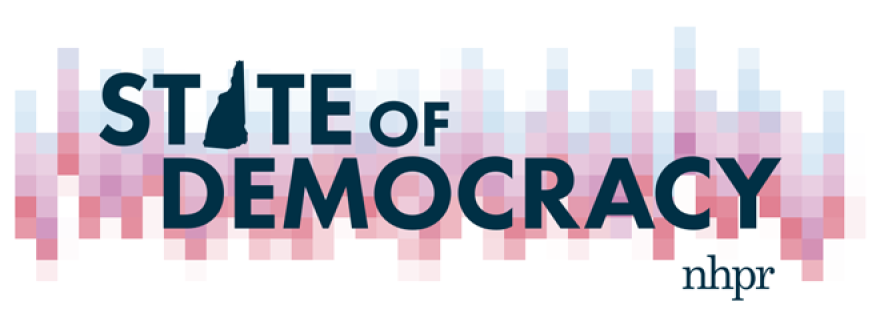Back in February, New Hampshire’s Legislative Ethics Committee started its first, and thus far only, meeting of the year with cause for celebration: For the first time since anyone on the committee could remember, all 424 legislators submitted their mandatory financial disclosure forms on time.
But making a deadline is only one part of the equation when it comes to New Hampshire’s financial disclosure process. Making sure that paperwork is filled out correctly and completely — that’s quite another.

(Related story: In Votes at N.H. State House, Lawmakers' Personal and Public Interests Often Overlap)
The Legislature's financial disclosure forms are meant to be a tool to help the public better understand what private interests, including household income and other financial interests, legislators bring to their State House positions. But there’s little consistency in the information or level of detail lawmakers provide to the public on those forms.
(Scroll down or click here to find a searchable database of this year's financial disclosure forms.)
Former N.H. House Speaker Donna Sytek, who sits on the ethics committee, says she’s observed lots of basic mistakes in the filings lawmakers submitted this year. She says the ethics committee tries to make itself available as a resource for legislators who might have questions about what to include on the forms, but few reach out for advice.
“As much as we try to make it clear, we aren't always successful, so we do get a mixed bag in terms of the way members fill out the forms,” Sytek said. “Some follow the directions well, and some don't.”
On the financial disclosure forms, lawmakers are supposed to list any source of income from which they or a household member earned at least $10,000 in the past year. In many cases, lawmakers don’t specify who they’re talking about when they denote additional household financial interests.
Lawmakers are also supposed to describe any financial interests they might have in various policy areas they might encounter during their work at the Legislature: categories like “health care,” “banking or financial services,” “sale and distribution of alcoholic beverages” and more. But many of the forms turned in this year aren’t very descriptive.
This year, nearly one-quarter of members of the House of Representatives indicated that they had no reportable income to disclose. While the form says lawmakers do not have to list sources of income below $10,000 or “Social Security, federal retirement and/or federal disability benefits,” it does not require a lawmaker to specify one of those exemptions. (Some of those lawmakers also went on to identify some financial interests, even after indicating that their income was not reportable.)
At least one lawmaker, however, went into greater detail than the rules require. Sen. Jeb Bradley — a Wolfeboro Republican who represented New Hampshire’s 1st District in Congress from 2003 to 2007 — regularly details the sources of investment income on his financial disclosure paperwork.
“As a former member of Congress, I had to do very extensive disclosures,” Bradley said, “so I'm kind of accustomed to it.”
In 2015, New Hampshire earned a D-minus rating from the Center for Public Integrity for its “legislative accountability” practices, in part because of a lack of oversight and transparency around this very process.
As the Center noted in its investigation, New Hampshire legislators’ financial disclosure forms are not audited and, while available online, are published as scanned PDFs. In many cases, lawmakers fill out the forms by hand, which can add another hurdle in the public’s ability to analyze that information.
Liz Essley Whyte, a reporter with the Center for Public Integrity who did a separate investigation into state-level financial disclosure practices in 2017, also ran into challenges gleaning meaningful information from the forms filed by New Hampshire lawmakers.
“So many of these lawmakers have terrible handwriting and disclose pretty much nothing,” Essley Whyte said. “It's useless when you're trying to shine a light on potential conflicts or investigate whether your lawmaker is doing the right thing in office.”
In an effort to make New Hampshire legislators’ financial disclosure information more accessible to the public, NHPR compiled those forms into a searchable database.
We took care to be as accurate as possible in transcribing the information in these records, but that process required manually reviewing hundreds of filings from the legislative ethics committee’s website. If you think we made a mistake, please reach out to us by email. We'll do our best to correct any errors as soon as possible.
Contact this reporter: cmcdermott@nhpr.org








